Gendering the debate: Just energy transition for all
This exchange convened experts from the IKI JET partner countries Chile and Colombia, the Wuppertal...
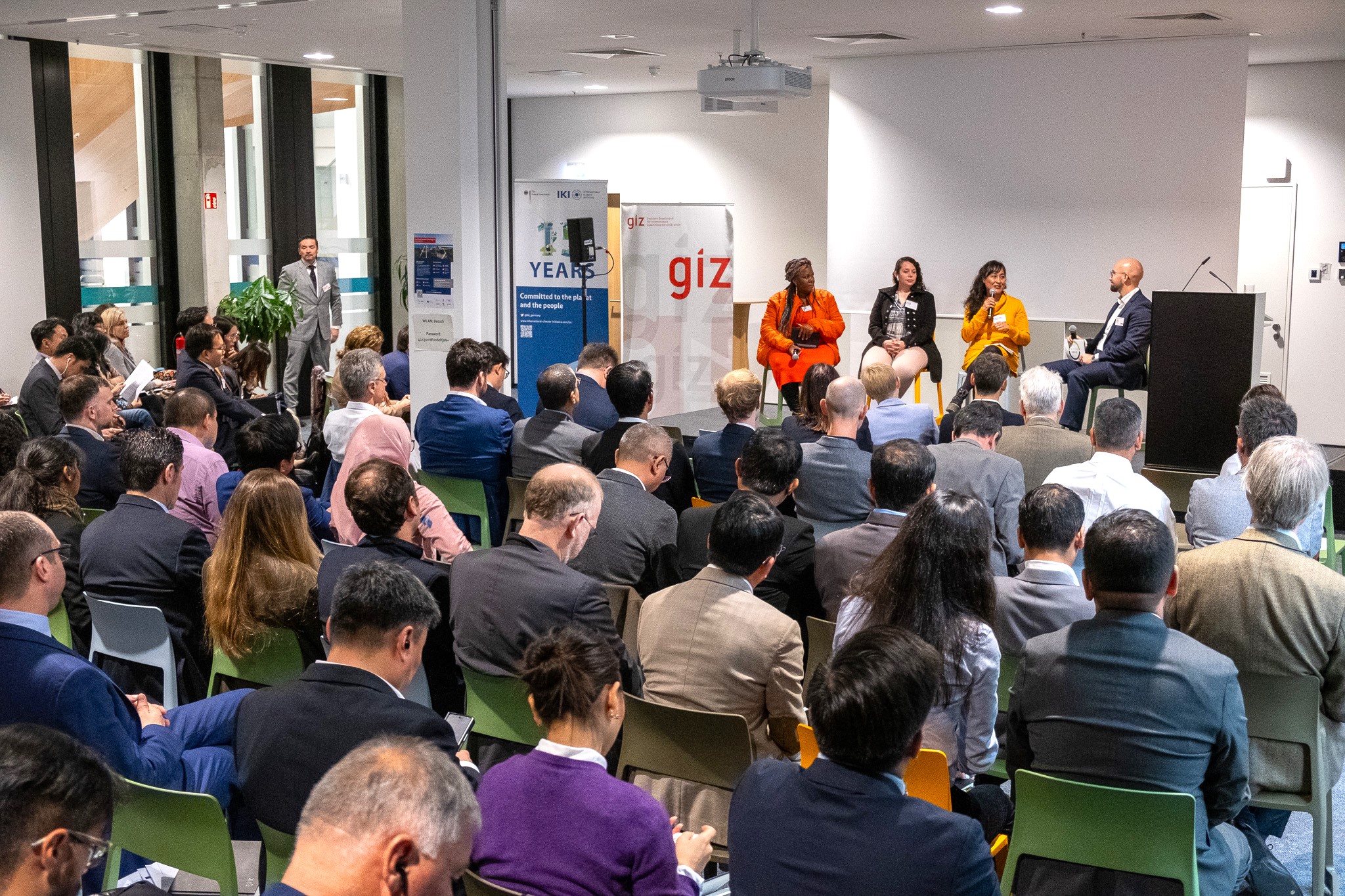

Convening over 100 just transition stakeholders from coal regions around the world, The International Forum for Coal Regions in Transition took place in Berlin on October 26-27, 2023, with many more participants joining online. Insights and learnings were shared between policy-makers, civil society organisations, academics, trade unions, and coal industry representatives, with sessions focussed on IKI JET partner countries in Asia, Africa, and South America, as well as the European Union, Western Balkans, and Ukraine.
Organised by the Deutsche Gesellschaft für Internationale Zusammenarbeit (GIZ) GmbH, the event facilitated international dialogue and collaboration in the pursuit of a just energy transition (JET), spotlighting topics from strategy and governance to reskilling, economic diversification, and financing.
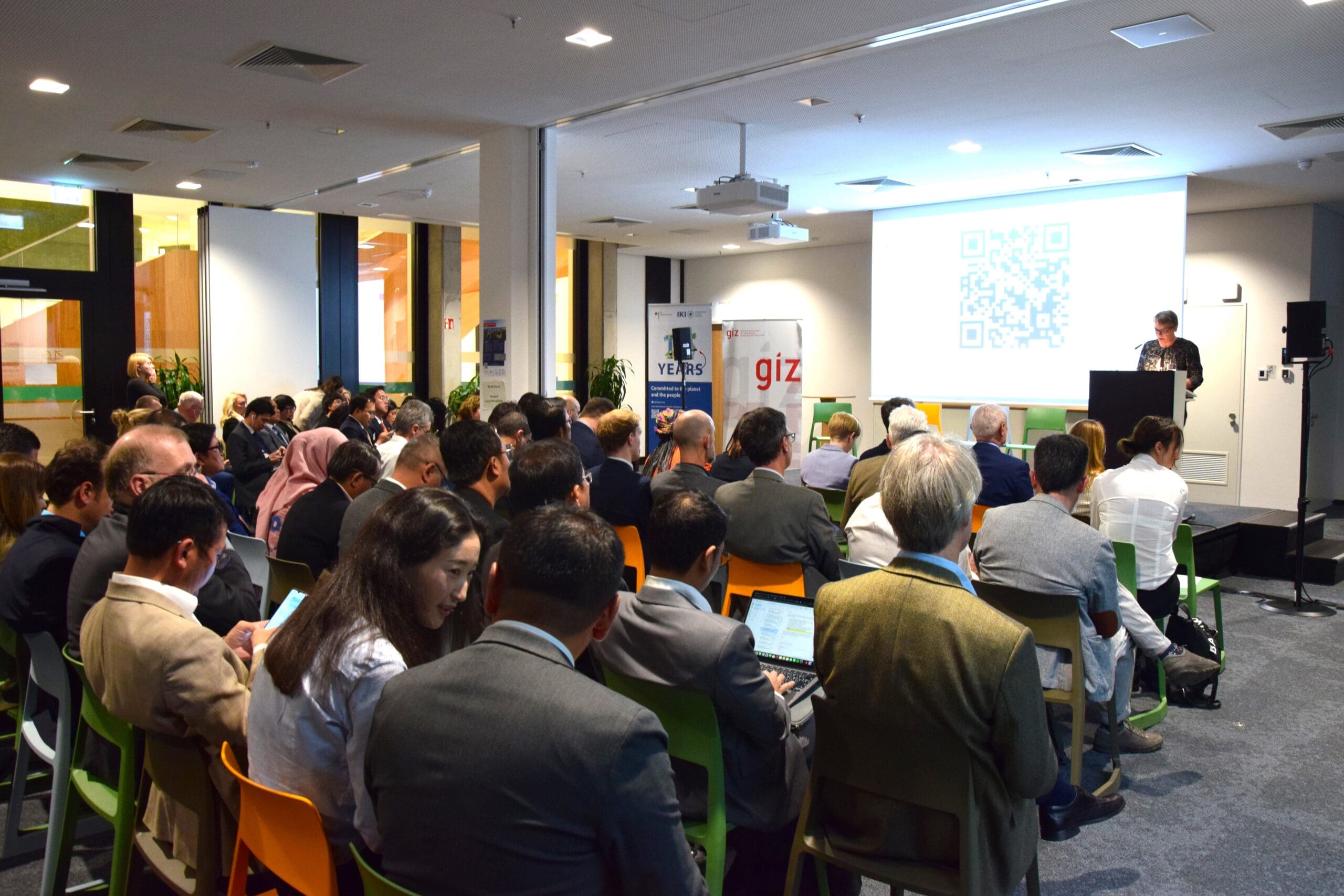
Opening the forum, Anja Hajduk, State Secretary, Ministry for Economic Affairs and Climate Action, delivered powerful words on the challenges faced by Germany in its own just transition journey. She emphasised the need for continued learning and acknowledgment of the role coal has played in the cultural and social fabric of many global communities.
“Coal regions can transform. Early action pays off. Climate mitigation and social development go hand in hand.”
Sessions continued with case studies and best-practice recommendations from coal regions across IKI JET partner countries. Insights from Chile, Colombia, and South Africa showcased the impact of social dialogue and consultation, knowledge building, and long-term economic vision, while lessons from Indonesia, Thailand, and Mongolia covered the importance of civil society movements, engagement of local government, and promotion of economic alternatives to coal.
Speakers from Czechia and Vietnam reflected on successful regional JET strategies and the role of trade unions in promoting just transition, while a panel from Ukraine and the Western Balkans discussed the importance of knowledge exchange between coal regions, as well as the additional challenges of implementing a just transition in times of war.
Policy and finance experts from the London School of Economics and Political Science, International Labour Organization, European Bank for Reconstruction and Development, ninetyone, and GIZ discussed the challenges involved in funding just transitions and the role that finance can play in connecting action on climate change with inclusive development pathways.
Luca Carapelli of the European Commission presented the EU perspective on a global JET and outlined why the Just Energy Transition in Coal Regions Knowledge Hub, as a comprehensive resource for coal regions across the world featuring news, reports, tools, guides, and commentary, is key to successful just transition implementation.
On the final day, speakers from Germany, South Africa, and the EU explored policies supporting economic diversification, investment packages, promotion of green jobs, sustainable smart agriculture, and the need to link JET vision to existing assets in the respective region.
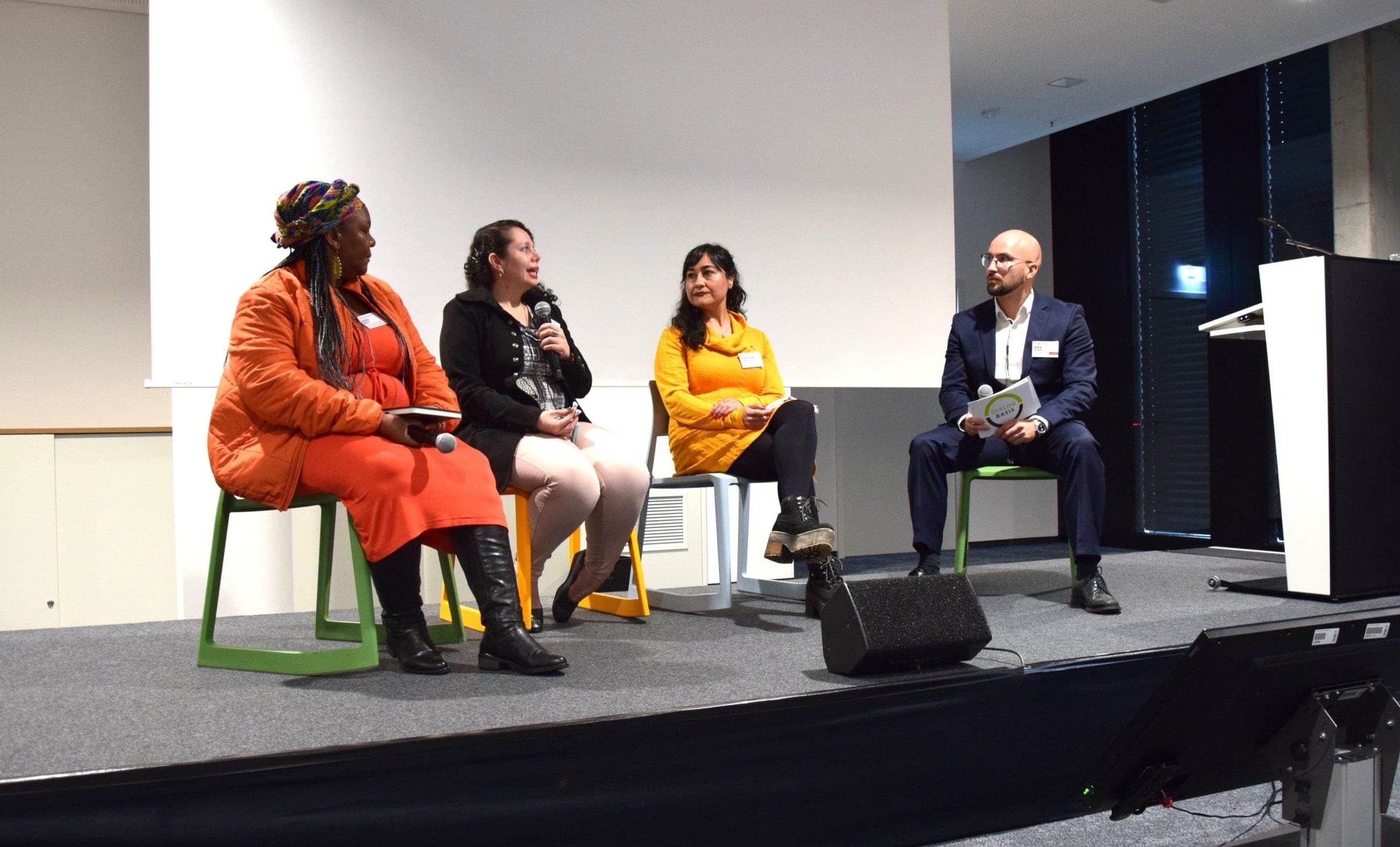

The creation of an inter-ministerial committee on socio-ecological transitions helped facilitate discussions on broader transformation. Local stakeholders (e.g. farming, tourism) should be included in developing alternatives to coal and a vision for economic transition developed before coal plants are switched off.
Speaker: Carolina Gomez Agurto, Ministry of Energy
Knowledge building, skill development, and social protection are vital. Shaping JET with respect for culture, faith-based, and civil-society organisations is important but challenging due to the time taken for thorough consultation.
Speaker: Dudu Sibiya, Regional Government of Mpumalanga
In the absence of a formal consultation process with government and coal companies, the united power of civil society (i.e. trade unions, African communities, women’s organisations, Indigenous Peoples, agricultural workers), international support, and legal action is decisive.
Speaker: Diana Alvarez Rojas, Tierra Digna
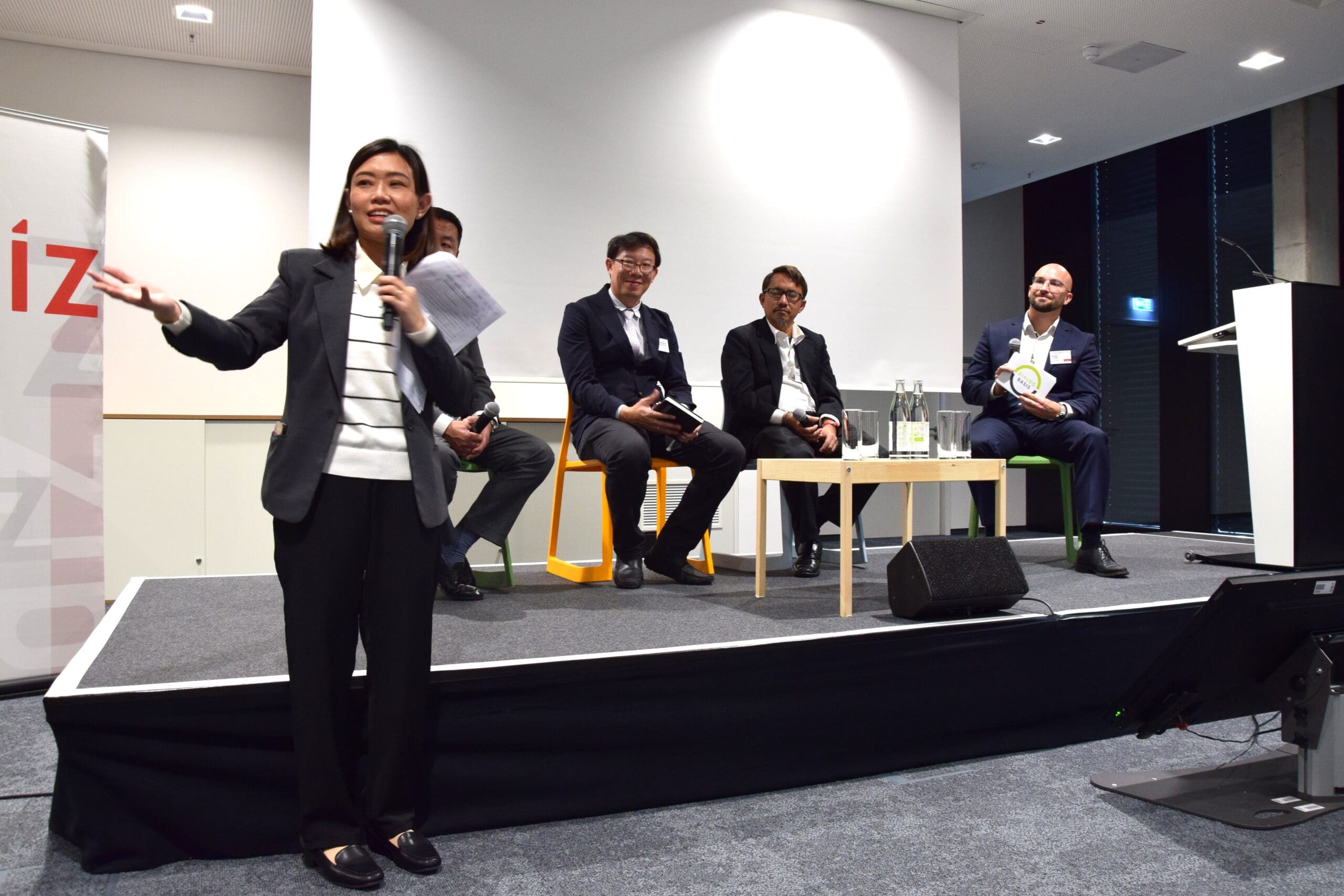

The closure of a state-owned coal mine and its conversion to a cultural heritage and education centre has led to declining poverty rates and increased tourism in Western Sumatra.
Speaker: Dedi Rustandi, Ministry of National Development Planning (Bappenas)
Widespread protests organised by local community and civil society groups prevented coal expansion, leading to dialogue with government and consideration of alternative solutions.
Speaker: Dr. Suparchoek Wangmanaopituk, Thammasat University
The private sector should not be overlooked in energy transition planning. Mining companies can successfully diversify into green industrial projects, but more government support is needed.
Speaker: Tuvshintugs Munkhajargal, Sol Invictus
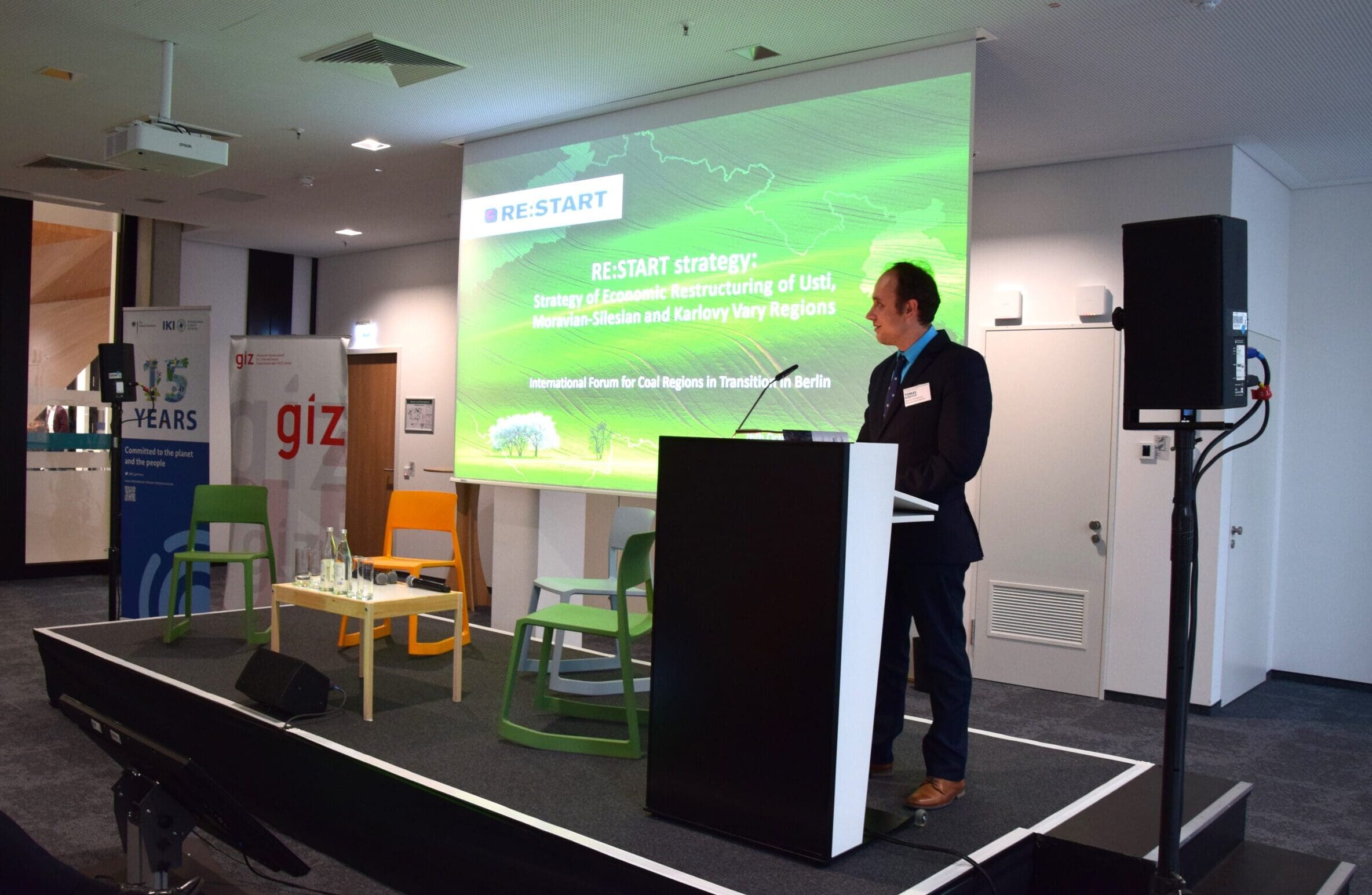

A comprehensive survey on the impacts of energy transition on socio-economic and environmental dimensions is needed, as are benefits and incentives for workers contributing to a just transition.
Speaker: Ho Thi Kim Ngan, Vietnam General Confederation of Labour
Long-term strategies that evolve from broad discussions between stakeholders and experts are vital, as is an inclusive platform to facilitate information sharing and trust building. Monitoring and evaluation are also key.
Speaker: Tomáš Burdych, Ministry of Regional Development
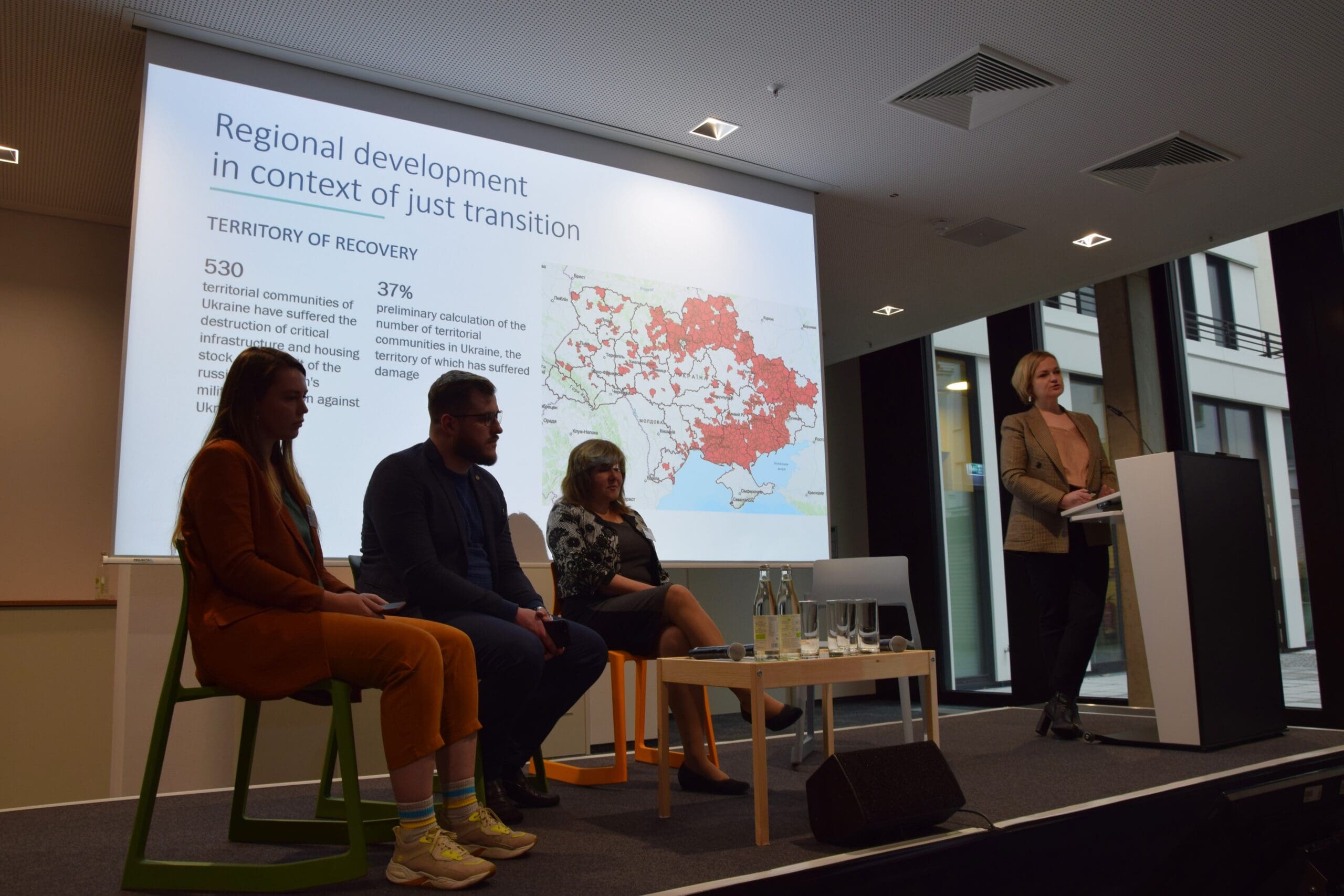

Educational exchanges between coal regions helped kick-start energy transition movements in the five heavily coal-dependent Western Balkan states. Skilling and reskilling are crucial, as are economic diversification to provide green jobs for young people and preventing the loss of skilled workers to the EU.
Speakers: Selma Sehovic, FES (Bosnia); Damir Miljevic, RESET (Bosnia); Aleksandra Stamenkovic, Trade Union Confederation Nezavicnost (Serbia)
Despite the war, the just transition process continues in Ukraine. Challenges include destroyed and damaged infrastructure, environmental risks in occupied territories, and the outflow of human resources. After the war, the priorities are to recover liberated territories, revise the national framework, and create a JET fund to finance long-term plans.
Speakers: Valentina Moskalenko, Advisor to the Prime Minister of Ukraine on regional policy; Anastasiia Bushovska Centre for Environmental Initiatives “Ecoaction”; Viktorya Gryb, Member of Parliament, Head of Subcommittee on Energy Security; Stepan Kuibida, Liv Regional Military Administration
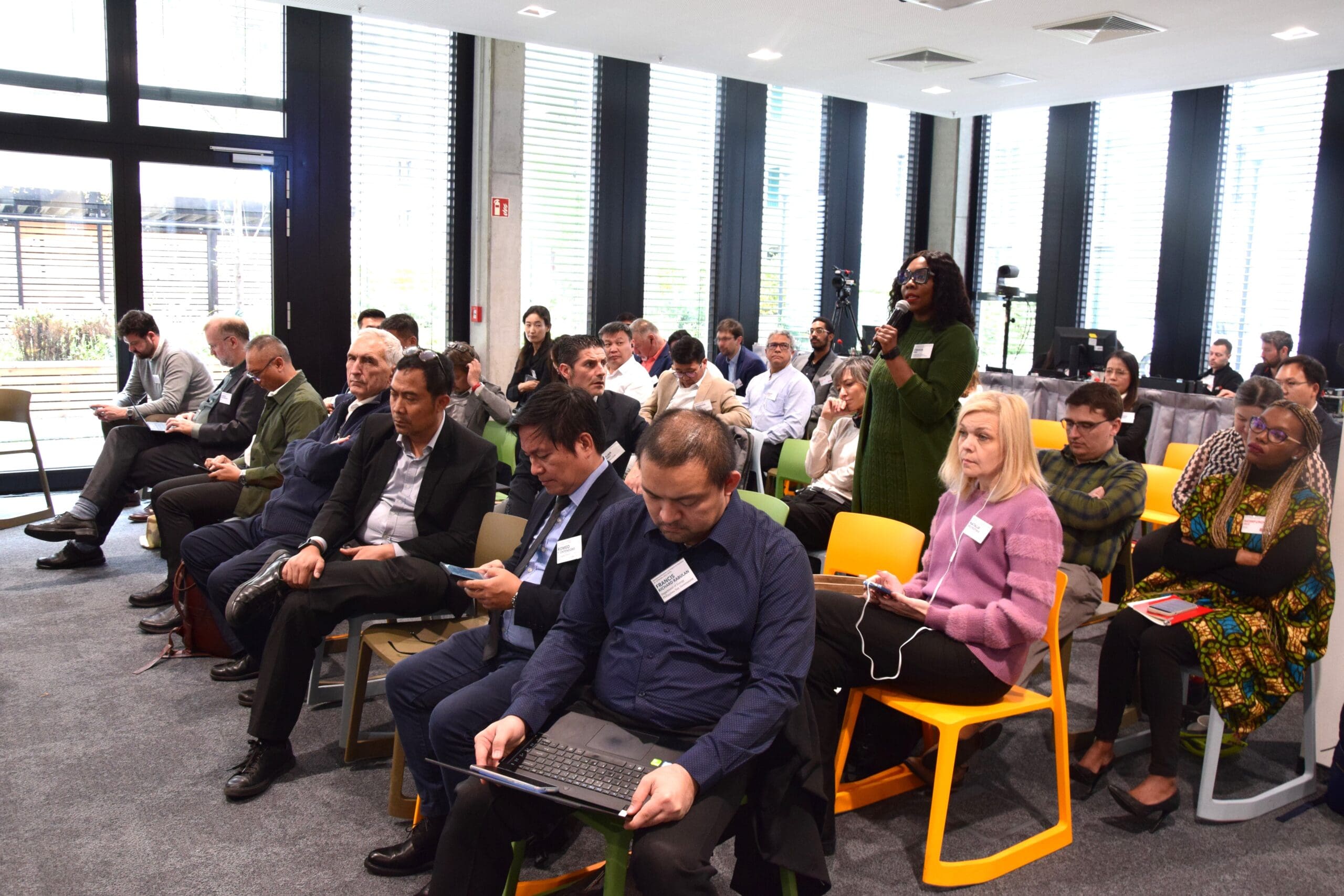

Receive updates on just energy transition news, insights, knowledge, and events directly in your inbox.